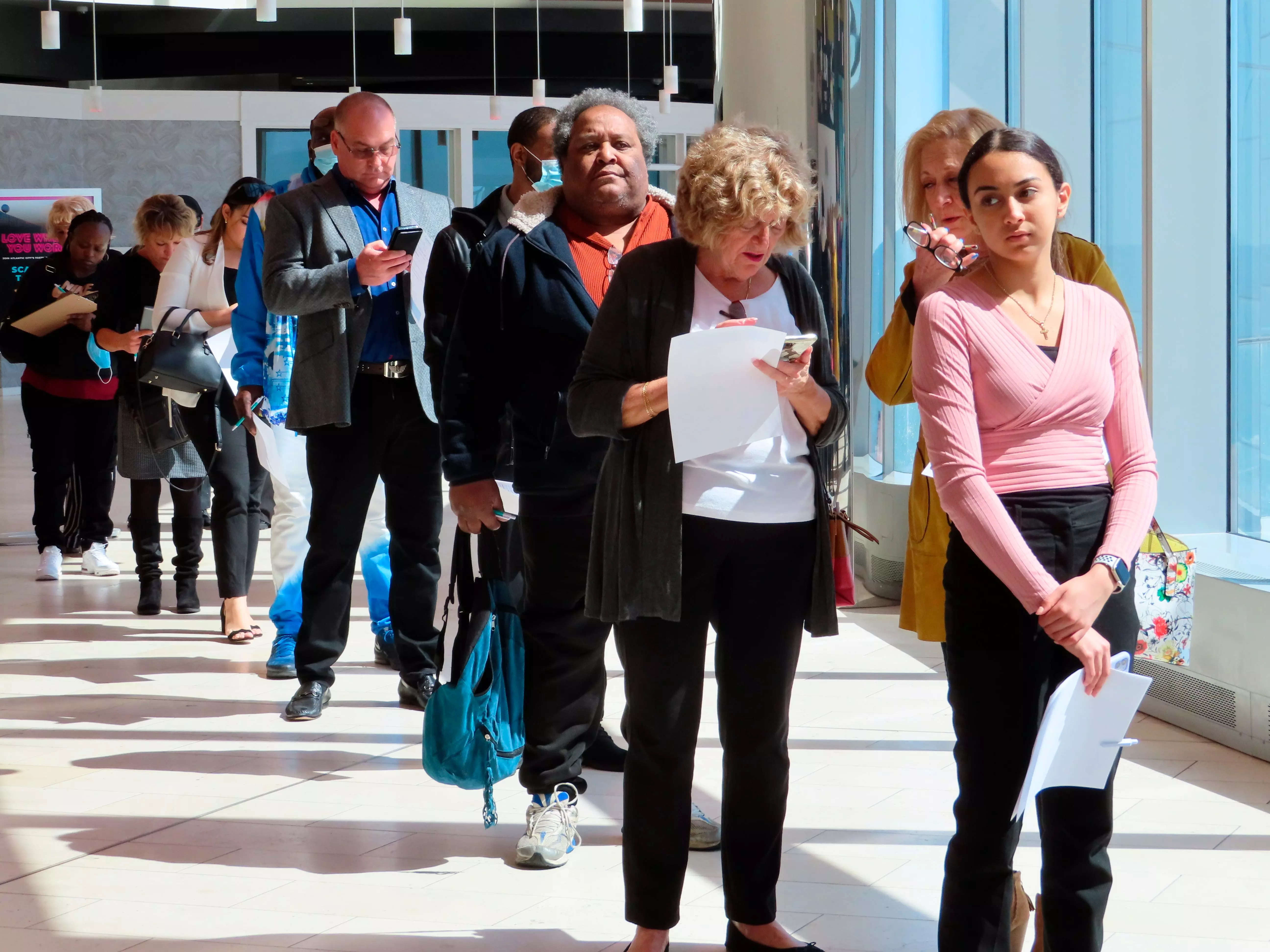Maybe I’m reading this incorrectly but this quote stands out to me
‘“It’s going to change the number of work hours that humans have to do when sometimes machines do some of their work,” he said.’
I highly doubt it’s going to cut down on total hours worked. It will allow companies to make more profit while keeping workers at the same 8+ hour shifts. Unless something changes through regulation the average person won’t see benefits in my opinion. I could be wrong. Heck I would love to be wrong, but I don’t see it going that way
Time for UBI
I’d assume that would translate to fewer, more efficient total man-hours, aka fewer people/jobs overall reaching roughly the same level of output as before
For those who want just the tl;dr
> They said automation’s biggest negative impacts could be on the office support, customer service and sales, and food service professions.
man where would we be without the great minds at mckinseys…
Much less collectively addicted to opioids? They jumped at the chance to settle in the hundreds of millions because the damage they did set society to pick up the tab for crime and addition for decades and paved the way for fentanyl death surge we’re in the throes of.
Thanks. Seems reasonable
> “The glass-half-empty version is that the people who are most vulnerable to some of these shifts are some of the lower-paid folks in the economy,” he said, adding, “The glass-half-full version is if we’re actually able to transition them through re-skilling, etc., then they could be taking on roles that actually have higher incomes. If we can make the labor market work by enabling these transitions, it’s actually all for the good.”
The half full narrative is both naive and unrealistic. Even if lower paid people universally get paid more landlords and food providers will just raise prices because they can. The last three years proved that.
The obsession with increasing profits without concern for what’s needed for basic human community and living (like, gainful employment) has been destroying jobs/careers since the start of the industrial revolution - and the computerization of more and more just makes it happen faster.
The working class has always suffered worst and faster, but soon even lawyers, teachers, social workers, therapists, doctors, and more will be less and less needed, as well, as their industries get more and more computerized.
True. But I also wouldn’t be as optimistic.
My first exposure with this is during my call centre days pre pandemic. Companies are increasingly trying to find ways replacing agents with chatbots, most notably, in my case at least, China. The cases from China I dealt with usually starts with them requesting a human agent.
I guess probably because chatbots sux.
But the cost savings are just too enticing, and I do think that the push for chatbots will continue, even if it means service quality decline. Customers will be screwed.





